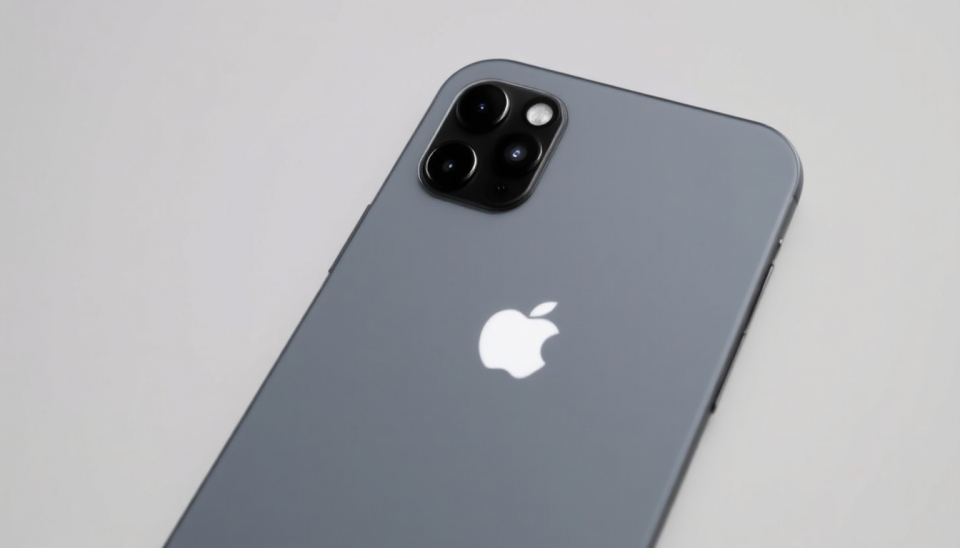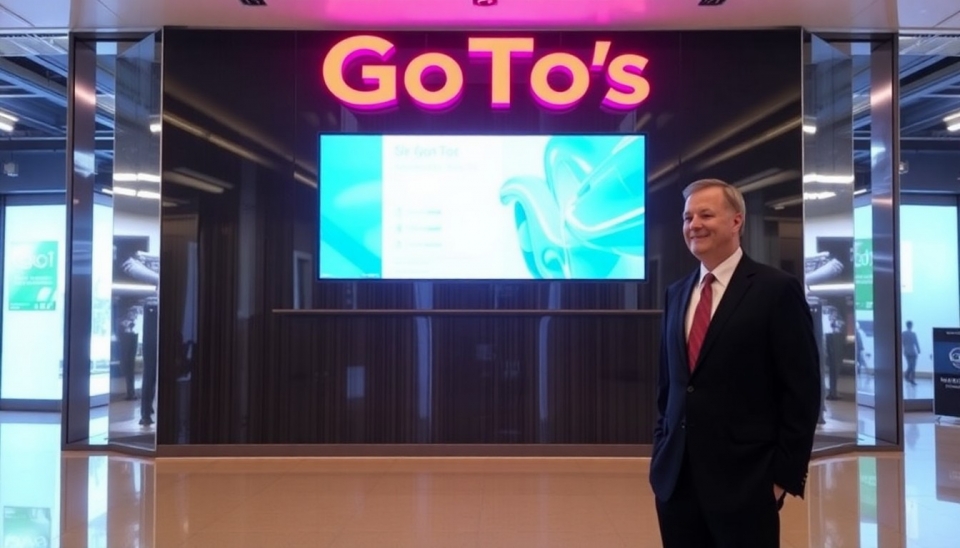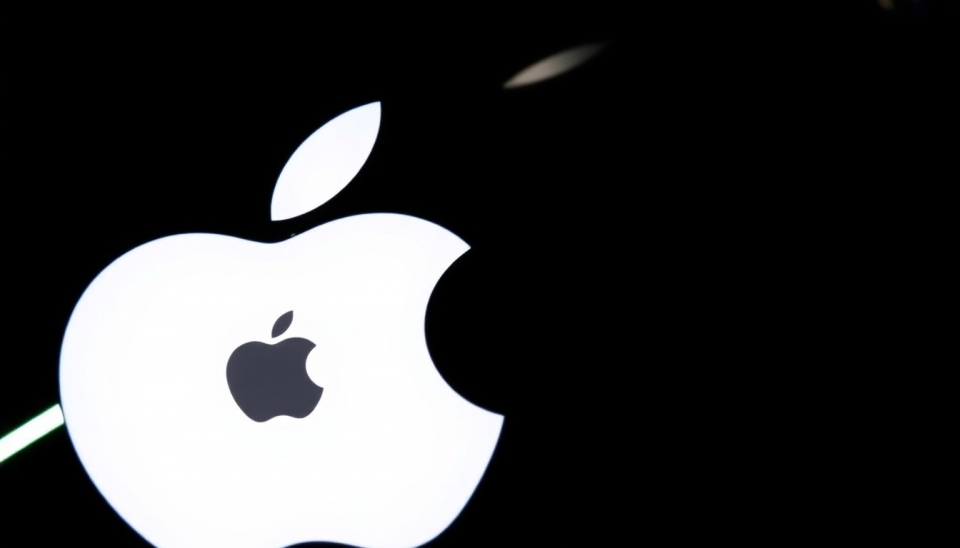
In a significant development, Indonesia has successfully reached a landmark agreement with tech giant Apple, marking the conclusion of the stringent ban imposed on the sale of iPhones within the country. This milestone is expected to facilitate a smoother pathway for the iPhone's market re-entry, benefiting both consumers and the local economy alike.
The ban, established due to concerns over Apple's compliance with local government regulations regarding the production and sale of smartphones, has created a considerable void in the Indonesian tech market. Apple, known for its innovation and premium products, has faced increasing competition from local manufacturers, which capitalized on the absence of iPhones.
Under the new pact, Apple has committed to establishing a robust local presence, which includes plans for local manufacturing and a promise to adhere to regulations that promote the use of domestic components. This strategy not only demonstrates Apple's dedication to the Indonesian market but is also seen as a way to enhance the alignment of its operations with the nation's regulatory framework.
The agreement comes at a time when Indonesia is pushing for greater investment in the tech sector, encouraging multinational companies to set up operations that contribute to the nation’s economic growth. The deal with Apple signals a positive step towards fostering a collaborative relationship between foreign tech firms and the Indonesian government, thereby enhancing the potential for innovation and employment within the country.
Moreover, consumers in Indonesia can anticipate having access to the latest iPhone models, alongside the services and ecosystem that accompany these devices. Apple’s market re-entry is likely to energize its brand presence in the region, attracting both loyal fans and new customers eager for high-quality technology solutions.
The reintroduction of iPhones not only poses opportunities for consumers but also implies a competitive pressure on domestic brands, reinforcing the regional tech market dynamics. It’s a delicate balance that will require both multinational corporations and local providers to adapt promptly to evolving consumer preferences and market demands.
As this partnership embarks on its journey, it is anticipated to pave the way for other global tech companies looking to penetrate the sizeable Indonesian market. The collaboration could set a precedent for how international firms engage with local regulatory bodies, ensuring sustainable practices that both respect local laws and foster innovation.
In conclusion, the pact between Indonesia and Apple symbolizes a burgeoning potential for economic growth, technological advancement, and an improved consumer experience, marking a new chapter in the relationship between global tech giants and emerging markets.
#Indonesia #Apple #iPhone #TechDeal #MarketEntry #LocalManufacturing #ConsumerTechnology #EconomicGrowth #GlobalTech
Author: Emily Collins




